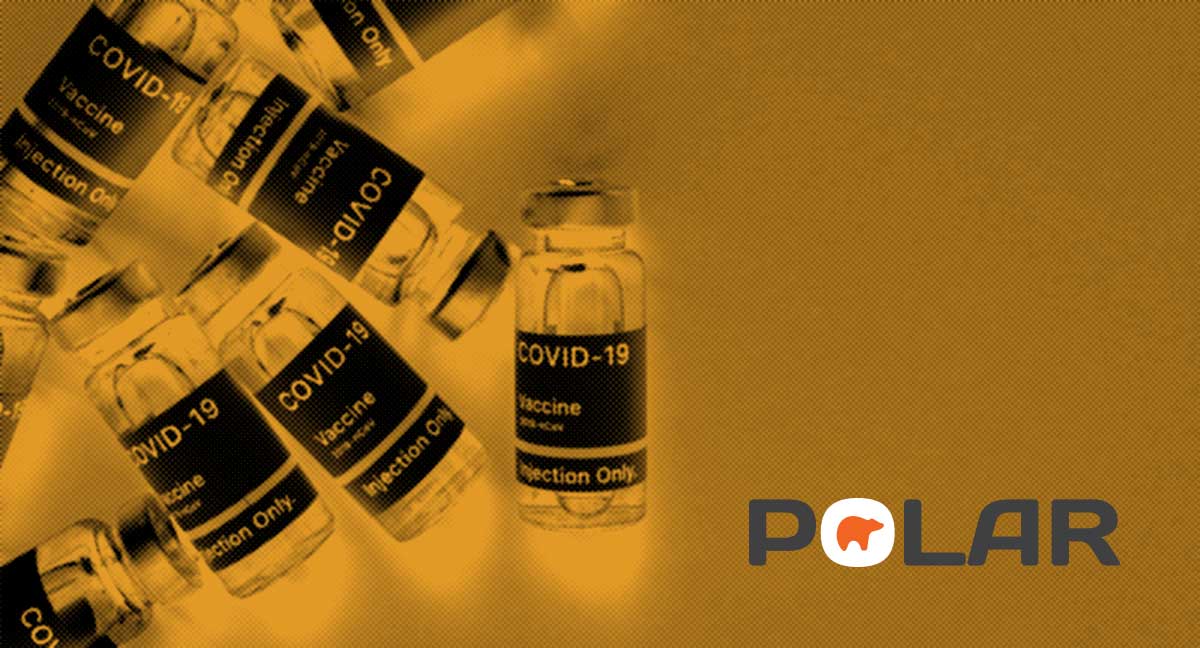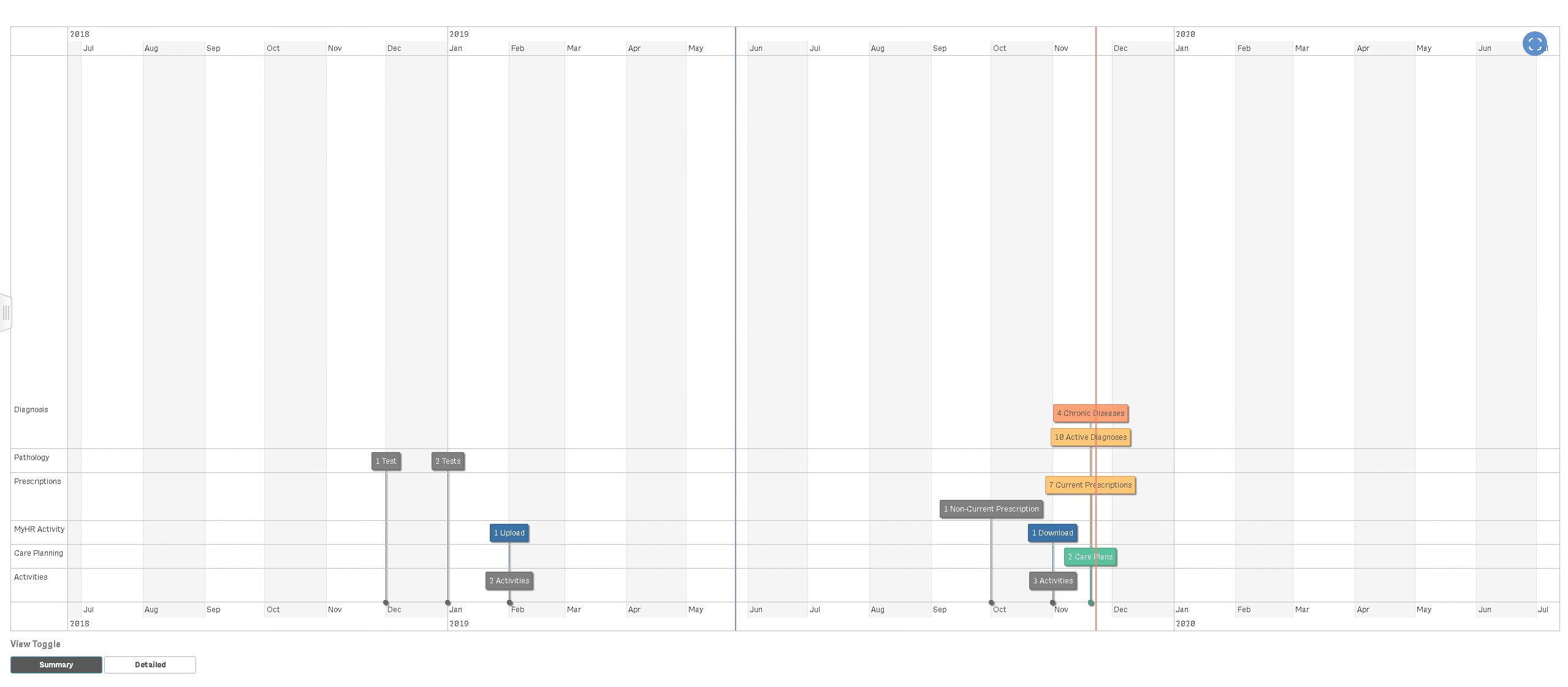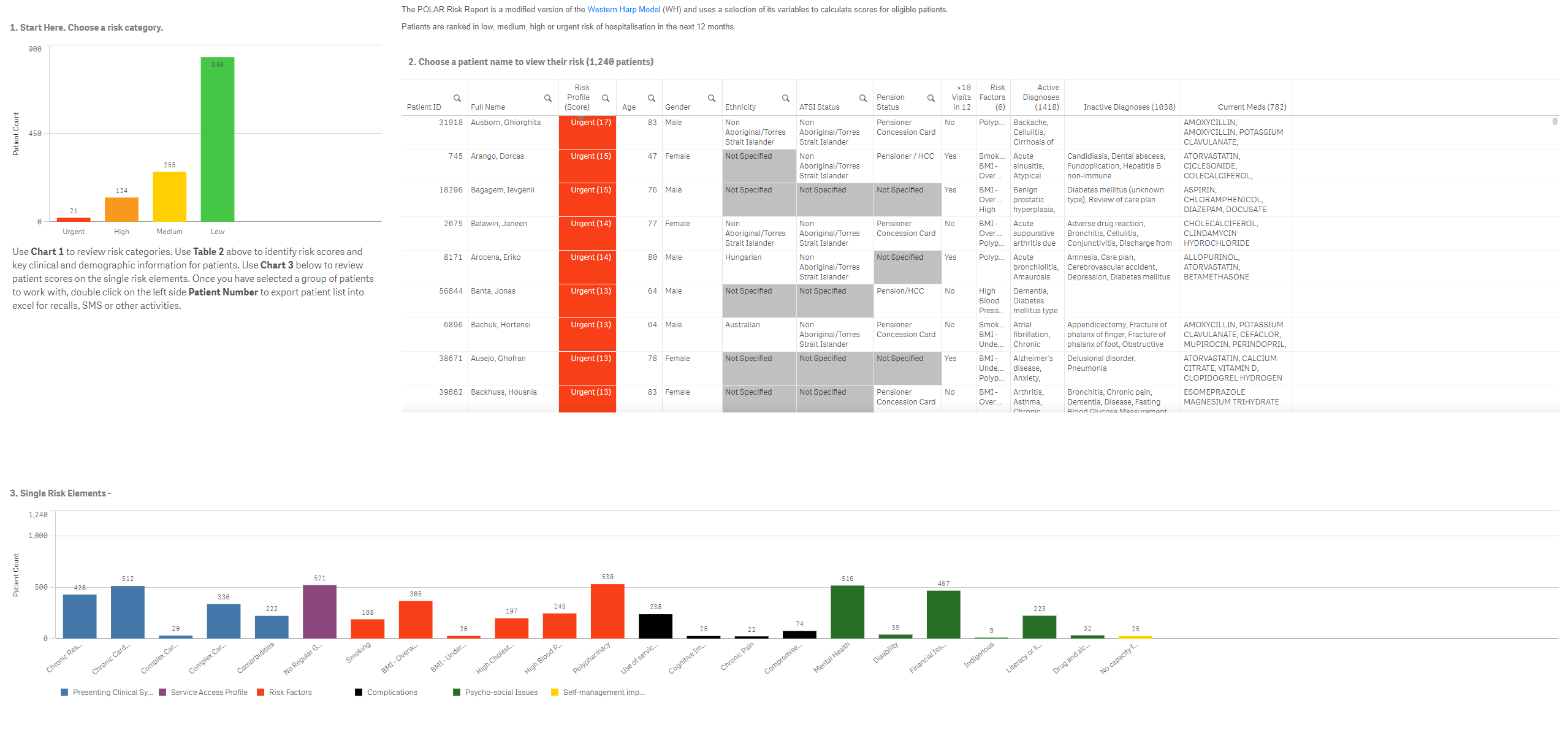The recent bushfire crisis has brought into sharp focus the need for a range of accurate real-time data. With fire and smoke reaching much of Victoria and NSW, timely healthcare data becomes vital for planning and support. Primary Health Networks (PHNs) have relied on the POLAR system to give them daily updates on the health impact of the bushfires across their regions.
Gippsland PHN CEO Amanda Proposch said:
“During times of disaster, our GP workforce is at the center of caring for communities impacted by fire. The ability to track GP activity, diagnoses and visits within our region allows us to create immediate responses that are targeted and coordinated.”
The PHNs have used this data to coordinate information back to their General Practices via newsletters, practice visits and social media. PHNs with access to POLAR GP data can provide a fast and agile response where health needs arise. The longitudinal access to data allows PHNs to plan comprehensive health services with a capacity to respond to immediate changes in community needs, such as responding to a natural disaster or endemic outbreak.
A/Professor Chris Pearce, Director of Research at Outcome Health said:
“This shows the potential of GP data not just for research and population health, but to create immediate disease monitoring on the effects of disasters, pandemics, and so on. With a PHN focus, it allows support to be delivered to general practice immediately.”
In order to understand the health impacts, 2020 data was compared to 2019 data across the same time period. Not surprisingly, there has been significant impacts on respiratory illness in General Practice, when compared to 2019, the first seven weeks of 2020 data showed:
- Significant increases in the diagnosis of new respiratory conditions, such as a 42% increase in Asthma diagnosis in week 1 of 2020;
- Significant increases in the exacerbation of existing respiratory conditions such as asthma, up to 70% increases in week 1 of 2020;
- Significant increases in respiratory medications, such as a 58% increase in Ventolin/Salbutamol prescriptions in week 2 of 2020.
Contributing PHNs: Capital Health Network ACT PHN, Central and Eastern Sydney PHN, Eastern Melbourne PHN, Gippsland PHN, South Eastern Melbourne PHN, South Western Sydney PHN.





